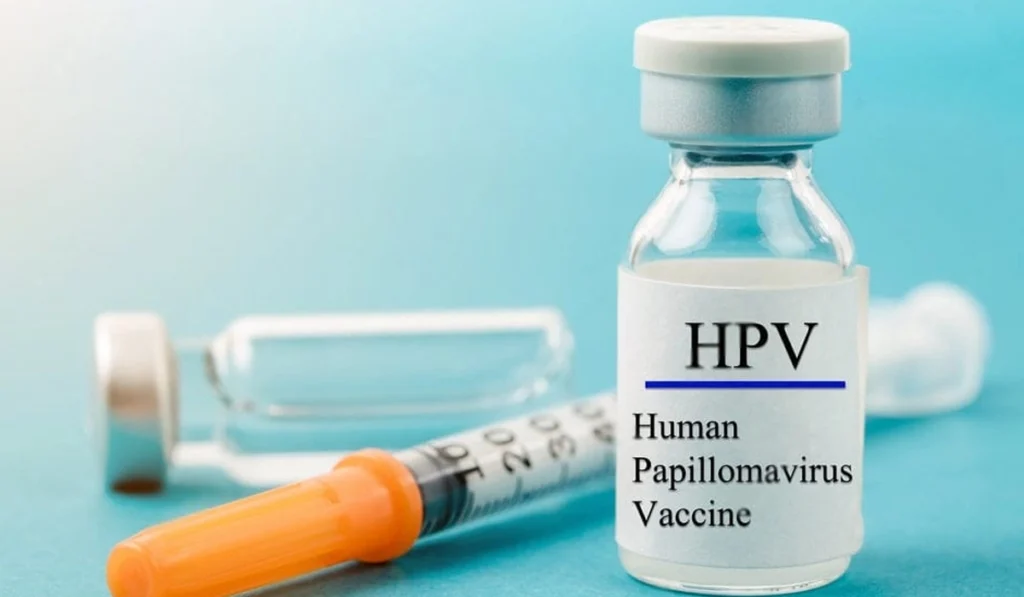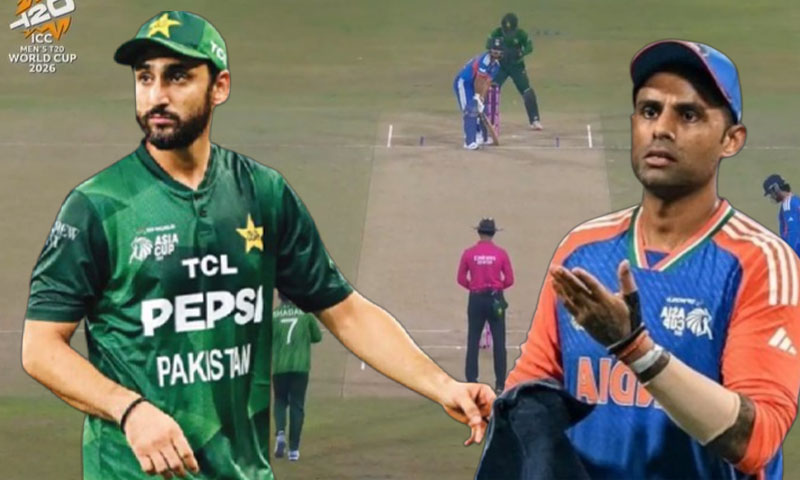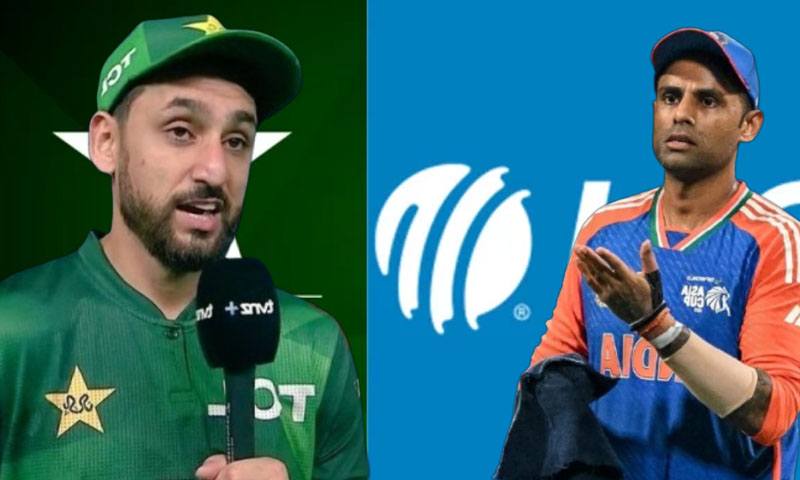- Web
- Today
Speakers call for countering misinformation on HPV vaccination
-

- Web Desk
- Sep 02, 2025

ISLAMABAD: As Pakistan is set to launch its first-ever national HPV vaccination campaign from September 15 to 27 aimed at preventing cervical cancer, the DOPASI Foundation hosted a media round table in Islamabad to engage senior journalists from print and electronic media in advancing HPV vaccine awareness.
The session brought together key voices from the public and private sectors to highlight how media can play a decisive role in countering myths and shaping public understanding of the vaccination drive.
Participants were briefed on the HPV campaign, the health benefits of the vaccine, and ethical guidelines for reporting.
Speakers underscored the urgent need to dispel misinformation surrounding HPV vaccination and to amplify messages about its safety and life-saving potential.
Huma Khawar, development journalist from MannionDaniels, noted: “The journalistic community is a powerful voice in addressing myths and misinformation about HPV vaccination. With more than 73 million women in Pakistan at risk of cervical cancer, the role of media in shaping accurate narratives is critical.”
Denmark could eradicate cervical cancer by 2040: study
Dr Rozina Khalid, HPV Vaccine Consultant at WHO, emphasized: “This vaccine is the result of years of scientific effort and global collaboration. By integrating HPV vaccination into routine immunization programs, Pakistan is taking a vital step toward safeguarding the health of its future generations.”
Speaking on behalf of the Society of Obstetricians and Gynecologists of Pakistan (SOGP), Dr Saima Zubair said: “As the Father of the Nation said, no country can progress without women standing side by side. Ensuring women’s health is not only their right but also essential for the nation’s progress. At a time when cervical cancer is the second most common cancer among Pakistani women, introducing HPV vaccination is truly the need of the hour.”
Dr Syeda Rashida Batool, District Health Officer Islamabad, added: “Today’s session is a commendable effort to bring journalists on board. Their support will be crucial in spreading awareness and ensuring the success of this campaign in communities.”
In her message, Kinz ul Eman, CEO of DOPASI Foundation, underlined civil society’s responsibility: “Community organizations have a vital role to play in mobilizing families, engaging stakeholders, and building trust around HPV vaccination. Without grassroots awareness and collaboration, this campaign cannot achieve its full impact.”
Participants from the media fraternity lauded the initiative, calling the session “insightful and timely” and affirming their commitment to reporting responsibly on the campaign.
Pakistan is set to become the 150th country in the world to introduce the HPV vaccine nationally. The vaccination drive, targeting girls aged 9–14, will run from September 15 to 27, 2025, across Sindh, Punjab, Azad Jammu & Kashmir, and Islamabad, before being integrated into the routine immunization schedule.




